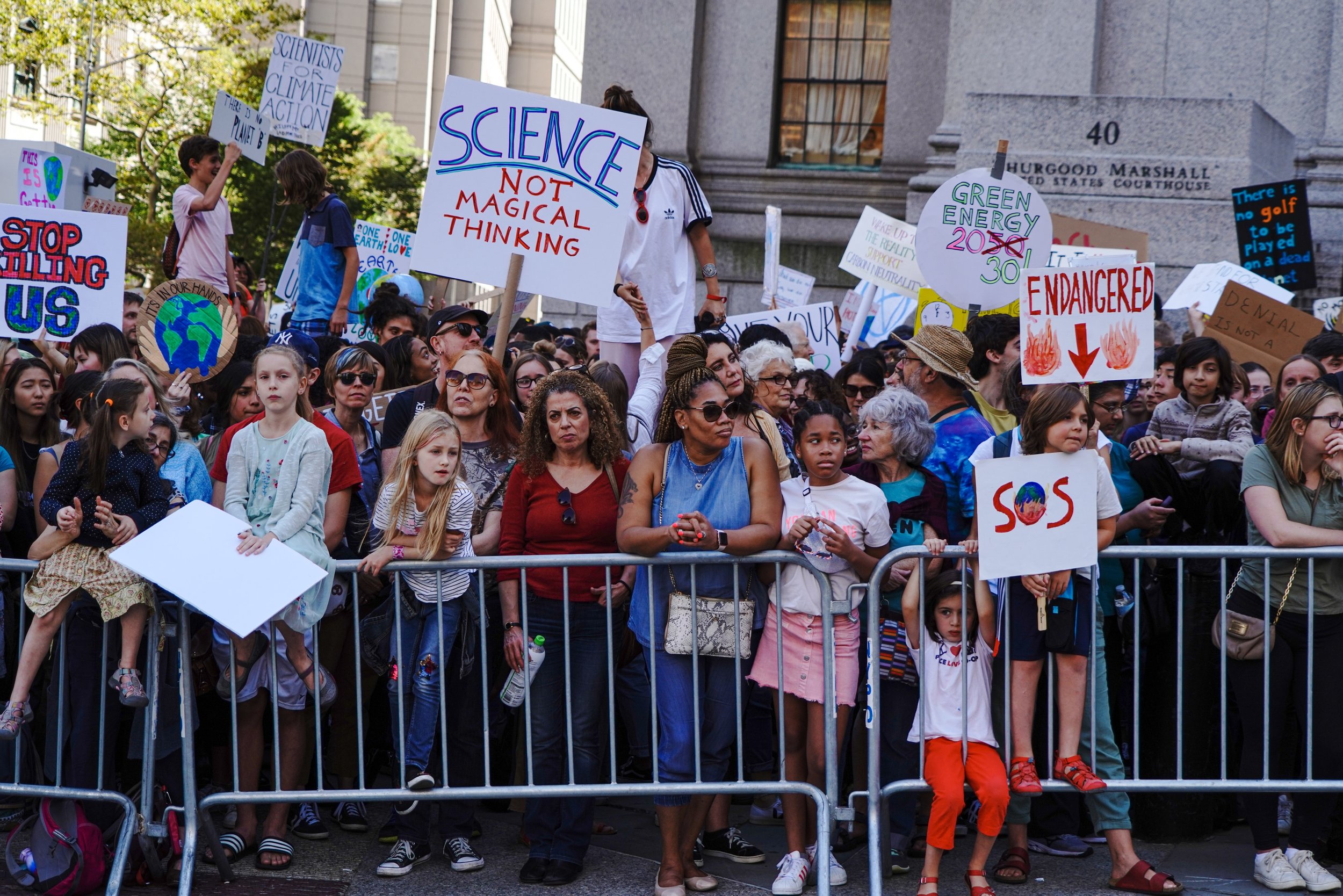Waste Not, Want Not: Fighting Plastic Pollution in Jamaica’s Kingston Harbour with Smart Tech, Circular Economy Policies and Community-Driven Solutions
Plastic pollution threatens marine ecosystems and coastal communities. Harvard ALI Impact Leader-in-Residence Monty Simus 2023 highlights The Ocean Cleanup’s initiative in Kingston Harbour, Jamaica, and outlines recommendations for community-led, climate-resilient, circular solutions worldwide.
The Power of Poet Laureate Ada Limón and Poetry in Parks
ALI Fellow Elliot Davis '22 explores Poet Laureate Ada Limón's groundbreaking project, You Are Here: Poetry in Parks. Launched at Cape Cod’s National Seashore, this initiative brings poetry to public spaces in seven national parks, merging words with nature to inspire creativity, reflection, and a deeper bond with our planet.
Common Design Reusable Packaging: Doing More with Less
OPINION COMMENTARY:
Imagine if every package – bottles, boxes, or phials – didn’t go to waste but was reused, helping to reduce pollution and conserve resources. Rajan Mehta advocates for a Common Design Reusable Packaging system to standardize reusable containers across industries, reduce environmental impact, and create a more sustainable cycle.
Resilience in Action: Empowering India’s Informal Workers Through Crisis and Adaptation
Dr. Satchit Balsari highlights his transformative work with SEWA, India’s Self-Employed Women’s Association, and its “economy of nurturance,” exploring resilient, community-driven strategies for survival and adaptation. He emphasizes the urgent need for interdisciplinary solutions, local innovation, and data-informed policies to tackle complex global challenges.
Planting Seeds of Change: The Role of Traditional Agriculture in Africa’s Climate Fight
At the edge of the Sahara, a revolution is growing — one rooted in traditional agriculture that holds the key to Africa’s climate resilience. While the continent contributes just 4% to global emissions, it bears the brunt of climate change's devastating impacts. Discover how local knowledge and ancient farming techniques are being revitalized to restore ecosystems, and bolster food security.
Political Ecology and Environmental Conflicts: The Struggle Over Natural Resources
Among today’s most urgent challenges is how natural resources should be managed sustainably. Michelle Atala Urrea Vivas provides a primer on how the field of political ecology focuses on power imbalances in environmental conflicts to better understand why overexploitation and social injustice often result from disconnects between power dynamics and sustainable stewardship of natural resources.
Harnessing Photography as a Force for Social Impact: The Transformation of NYC’s Freshkills from Largest Waste Landfill to Utopian Wilderness
The challenges our planet faces in waste management are complex. Can photos inspire hope and change behaviors? Jade Doskow believes so and has been working with Freshkills Park, creating an archive of photographs that illuminate the paradox of what was once the world’s largest household waste landfill, now transforming into one of New York City’s largest public parks.
Book Reviews: Best Books for Kids on Climate Change – Explore, Learn and Make a Difference
Explore over 30 diverse climate change books for kids, spanning various age groups and featuring unique perspectives. Despite challenges such as politicization and book bans, these resources provide valuable insights, offering pathways for children to confront climate challenges through awareness and positive actions. Prepare the next generation for civic engagement through empowering climate literature.
Babcock Ranch — Shelter From The Storm
Hurricane Ian wreaked historic devastation in Southwest Florida one year ago, highlighting the threat of violent storms amplified by climate change, but the solar-powered community Babcock Ranch was unscathed due to comprehensive sustainability and resilience planning. David Cifrino and Luis Perez tell the story of Babcock Ranch, including in the words of its visionary founder, Sydney Kitson.
Finishing the Emerald Necklace is a Matter of Environmental Justice
OPINION COMMENTARY:
Urban heat islands, compounded by the effects of climate change and environmental neglect, have a disproportionate impact on disadvantaged communities. David Cifrino, a 2022 Harvard Advanced Leadership Initiative Senior Fellow, uses Dorchester’s Columbia Road greenway as a model of our opportunity to bring about environmental justice.
Escaping Infrastructure’s Shadow Puppets: Lessons From Equitably Repurposing Public Spaces
TRANSFORMING CITIES SERIES:
Failing to apply a rubric for social impact, government-funded infrastructure has been culpable for legacies of segregating communities, spurring blight or displacement, and devastating natural environments. Daniel Balmori discusses how innovative efforts to reimagine underutilized public spaces -- including prior infrastructure follies -- have demonstrated that, deployed thoughtfully and with a lens toward equity, infrastructure improvements have the potential to positively transform the quality of life for entire communities, catalyze economic opportunities, and make environments more resilient.
Mitigating Climate Change in Cities Requires More Than Planting Trees
TRANSFORMING CITIES SERIES:
OPINION COMMENTARY:
Urban greenery can help create more resilient cities -- but only if residents are engaged in the process. Professor John Wilson, working at the intersection of sociology, environmental science and technology calls for an all-hands approach.
Avoid Water Stress By Utilizing a Circular Economy Model
Our present day water situation is the result of human negligence and behaviors that have destroyed this natural resource. Michelle A. Urrea Vivas discusses how the scarcity of water, its over-exploitation, contamination by industrial, commercial, agricultural, and residential activities evidences how inefficiently and unsustainably this resource has been handled, to date.
One in Five Tree Species is on the Brink of Extinction
There are a little over 60,000 individual species of trees in the world. More than 11,000 of these are at risk of extinction and 3,300 are critically endangered - meaning that without intervention, they will become extinct. Doris Honold discusses how U.K.-based Botanic Gardens Conservation International and their Tree Conservation Fund are working with communities to save trees from extinction.














